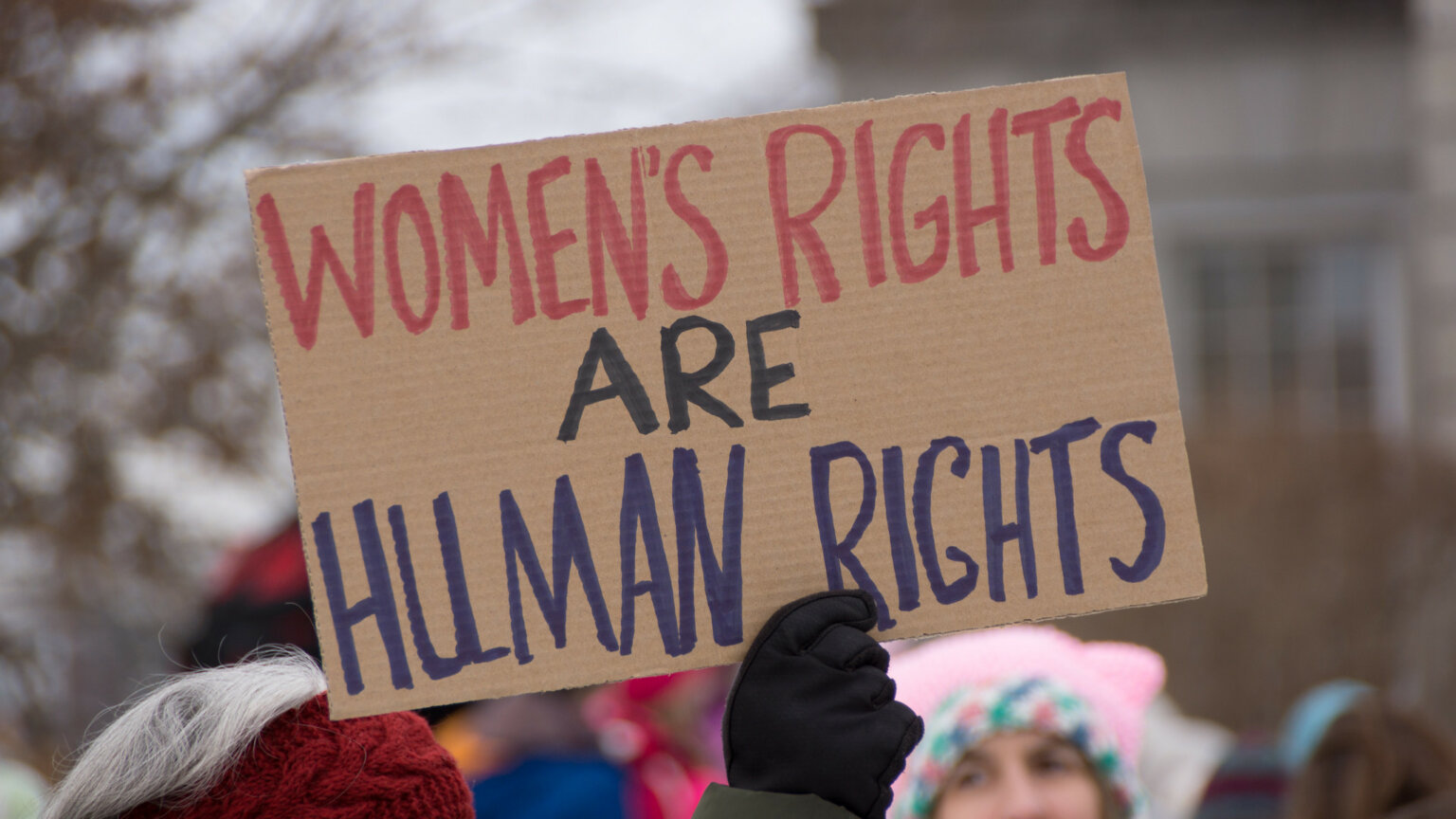- About
- Topics
- Picks
- Audio
- Story
- In-Depth
- Opinion
- News
- Donate
- Signup for our newsletterOur Editors' Best Picks.Send
Read, Debate: Engage.
| topic: | Women's rights |
|---|---|
| located: | Democratic Republic of the Congo |
| editor: | Bob Koigi |
In modern protracted conflicts, up to 90 per cent of casualties are civilians, a bulk of them women and children, a stark difference from the situation a century ago when the majority of those who lost their lives were active combatants.
Women have had to endure rape, sexual violence, female genital mutilation, being married off to fighters and sold for sexual slavery. Rape is now being frequently used as a weapon of war.
In Africa, which has experienced its fair share of armed conflicts, women constitute an estimated 80 per cent of those who flee their homes when wars break out.
In the Democratic Republic of Congo’s conflict, one of the deadliest and longest in the continent, up to 200,000 women have been raped since the war erupted in 1998.
The plight of African women trapped in wars and paying a price for conflicts they know nothing about reverberates across Libya, South Sudan, Nigeria, Mali among other conflict hotspots.
In pursuit of peace and finding a lasting solution to the proliferation of the firearms that have fallen into wrong hands fanning armed conflicts, the African Union mooted an ambitious campaign seven years ago christened silencing the guns by 2020.
And while the initiative has produced mixed results amid a challenging environment in its implementation, one thing has stood out: the crucial role women play in fostering peace and stability. Beyond being victims, women are known to be actively involved behind the scenes in negotiations and mediation of major conflicts in Africa. Yet their role in this crucial process is often downplayed.
About 30 African countries have put in place National Action Plans for the implementation of the Women Peace and Security agenda to recognise the central role of women in building peace which is laudable. But that is as far as they go. There haven’t been concrete efforts by these countries to translate those plans into actions.
For Africa to really silence the guns, equal participation of women in resolving conflicts and holding key decision making positions must be championed and implemented as a matter of urgency.
Peace and justice are intertwined. That is why to embolden the gender aspect in conflict resolution and peacebuilding, African countries and the African Union must now take bold steps and criminalise rape and all other aspects of sexual violence by following in the footsteps of the International Criminal Court that classifies rape as a crime against humanity.
Image by erinbetzk

